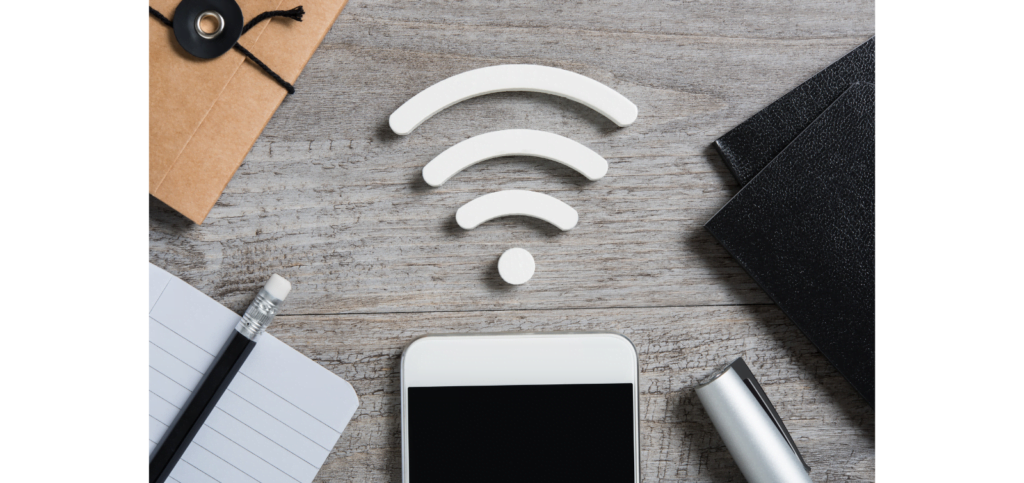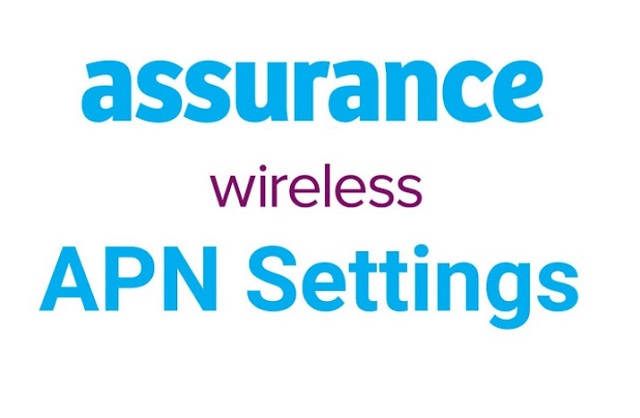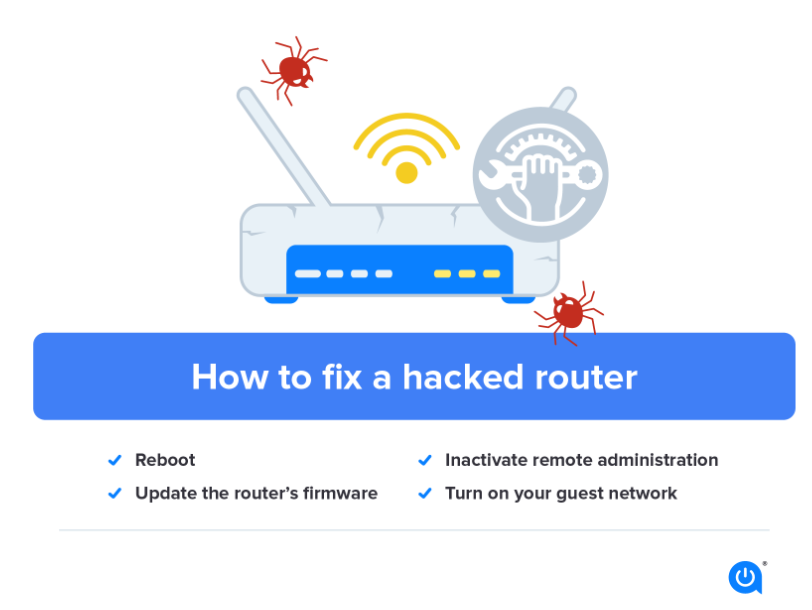Internet Speed
Internet speed refers to the rate at which data is transmitted between a user’s device and the internet. It is an essential aspect of internet connectivity, as faster internet speeds can allow for quicker downloads, smoother streaming, and more efficient browsing.
Internet speed is typically measured in Mbps (megabits per second) or Gbps (gigabits per second). The higher the Mbps or Gbps, the faster the internet connection. The actual internet speed experienced by a user can depend on a variety of factors, including the type of connection, the quality of the connection, and the number of devices connected to the network.
There are several types of internet connections available, including broadband, DSL, cable, and fiber optic. Broadband internet is typically the most common type of connection, offering high-speed internet access through a wired or wireless connection. DSL and cable connections are also popular, providing high-speed internet through a dedicated line or coaxial cable. Fiber optic internet, while less common, is the fastest type of internet connection, offering speeds of up to 1 Gbps.
Internet speed is an essential consideration for individuals and businesses alike. Slow internet speeds can cause frustration and inefficiency, while fast internet speeds can allow for increased productivity and connectivity. As the demand for internet connectivity continues to grow, the importance of fast and reliable internet speeds is likely to become even more critical.








